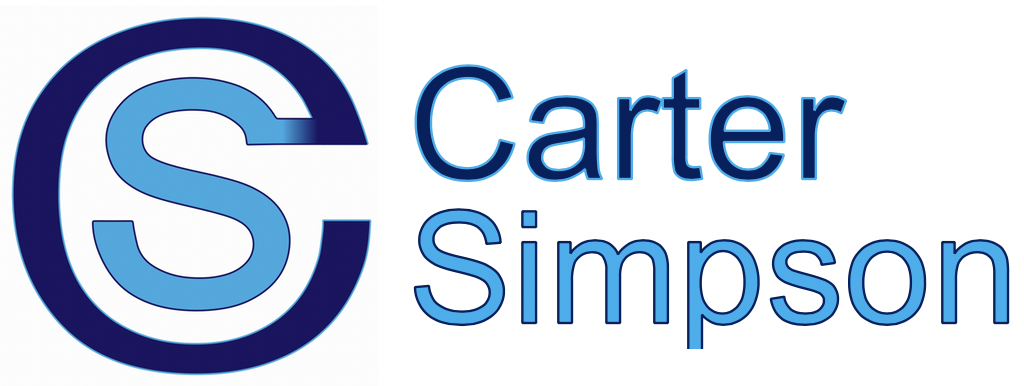What Happens After a Discovery Examination?
*This is the sixth post in our series, The Life of a Personal Injury Case…. From accident to settlement or trial.
You did it! You’ve completed your discovery examination, an important step in your personal injury case. The discovery examination is a key part of the legal process where both sides gather information to help resolve the case (for more information about the Discovery Examination itself, check out our earlier blog here). Now that it’s over, you might be wondering: what happens next?
Undertakings: Gathering Additional Information/Documents
The other party’s lawyer may have asked for additional documents or information during your discovery. These requests are called undertakings because you (through your lawyer) are making a legal promise to make best efforts to provide them. The court reporter records the undertakings, and a list is sent to both legal teams after the discovery. It’s important to follow through on undertakings because failing to do so can have consequences in your case.
Your lawyer or their team will follow up with you about any documents you need to provide. Under Nova Scotia’s Civil Procedure Rules, there’s a 60-day deadline to submit undertakings, but this process can sometimes take longer—especially if records need to be obtained from doctors, employers, or other third parties. Lawyers on both sides usually work together to be flexible with timelines.
Once the undertakings have been collected, there may be opportunities to negotiate a resolution, depending on previous settlement discussions, the parties' positions the discovery testimony, and the undertaking evidence.
Negotiation and Next Steps
Once all undertakings are collected, the next step in your case depends on several factors, including:
The strength of the evidence in your case
Whether liability (who is at fault) is clear
The size of the damages claim (compensation being sought)
At this stage, negotiations may begin, if they haven’t already. Negotiation discussions can take place through correspondence or phone calls between the lawyers. In some cases, a more formal process such as mediation or judicial settlement conference may be scheduled to help the parties reach an agreement (stay tuned for a future blog post about these options!).
Will There Be More Discoveries or Medical Exams?
Sometimes, further steps are needed before settlement discussions can move forward. This may include:
Discovery of other parties or witnesses – If another person’s testimony is needed, they may be questioned before negotiations begin.
Independent Medical Examinations (IMEs) – The other side may request that you see a doctor for an assessment. This is common in personal injury cases.
Additional documents or evidence – If something new comes up during the discovery process, your lawyer may recommend gathering more information or evidence before moving ahead with negotiations.
Filing a request for trial dates – Once Discovery Examinations are complete, any party’s lawyer may request trial dates. If your case falls under Rule 57 of the Civil Procedure Rules (claims under $150,000), a request for trial dates can be filed before discoveries are finished.
Final Thoughts
Your discovery examination is a major milestone, but there’s still work to be done. Whether the case settles soon or moves further through the litigation process, your lawyer will guide you every step of the way.
If you have any questions about your case, undertakings, or the next steps, don’t hesitate to reach out to your legal team. Your lawyer is here to help you navigate the process and work toward a fair resolution of your claim.
Carter Simpson has prepared this document for information only. It is not legal advice. You should consult Carter Simpson about your unique circumstances before acting on this information. Carter Simpson excludes all liability for anything contained in this document and any use you make of it.
